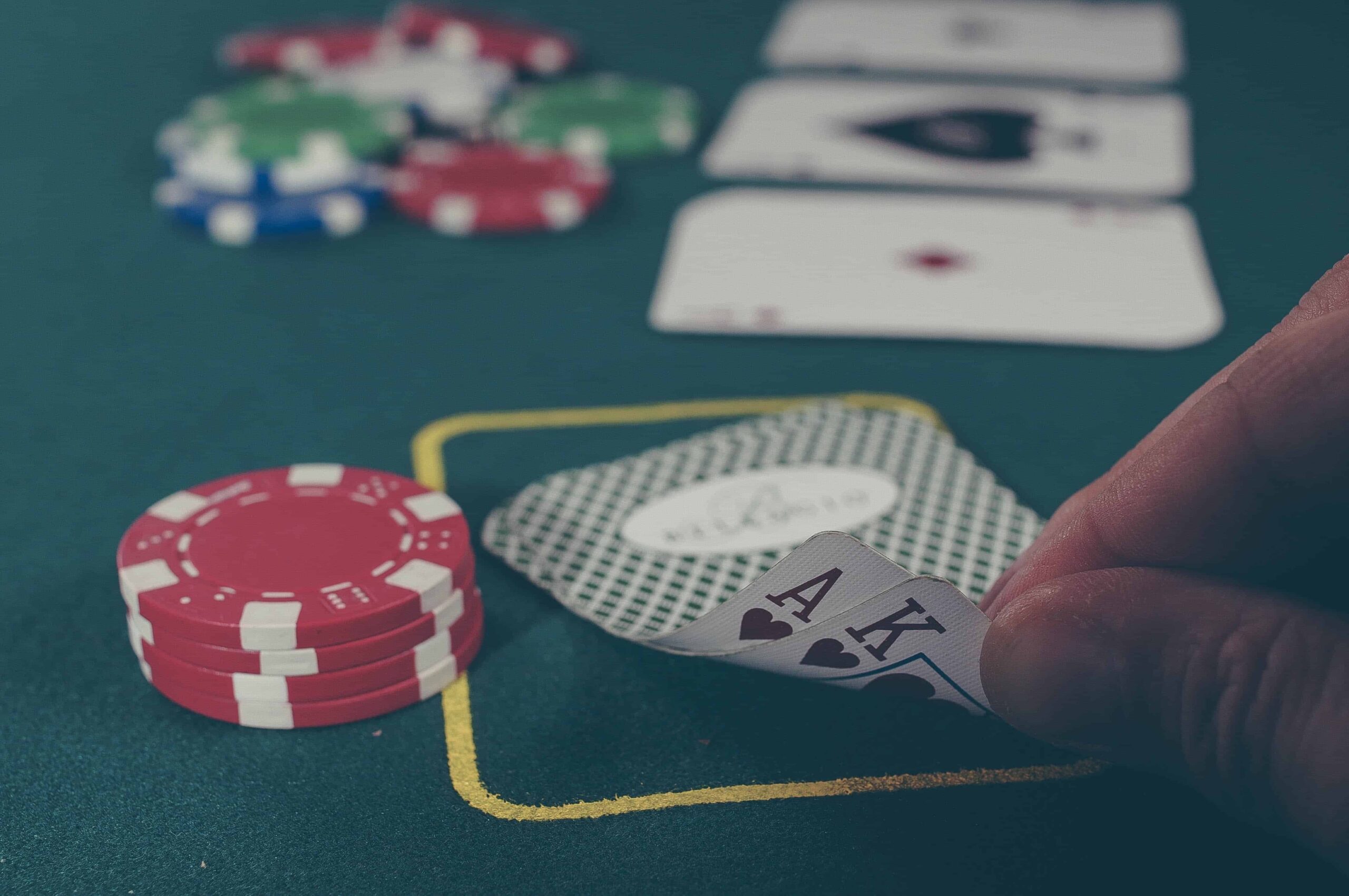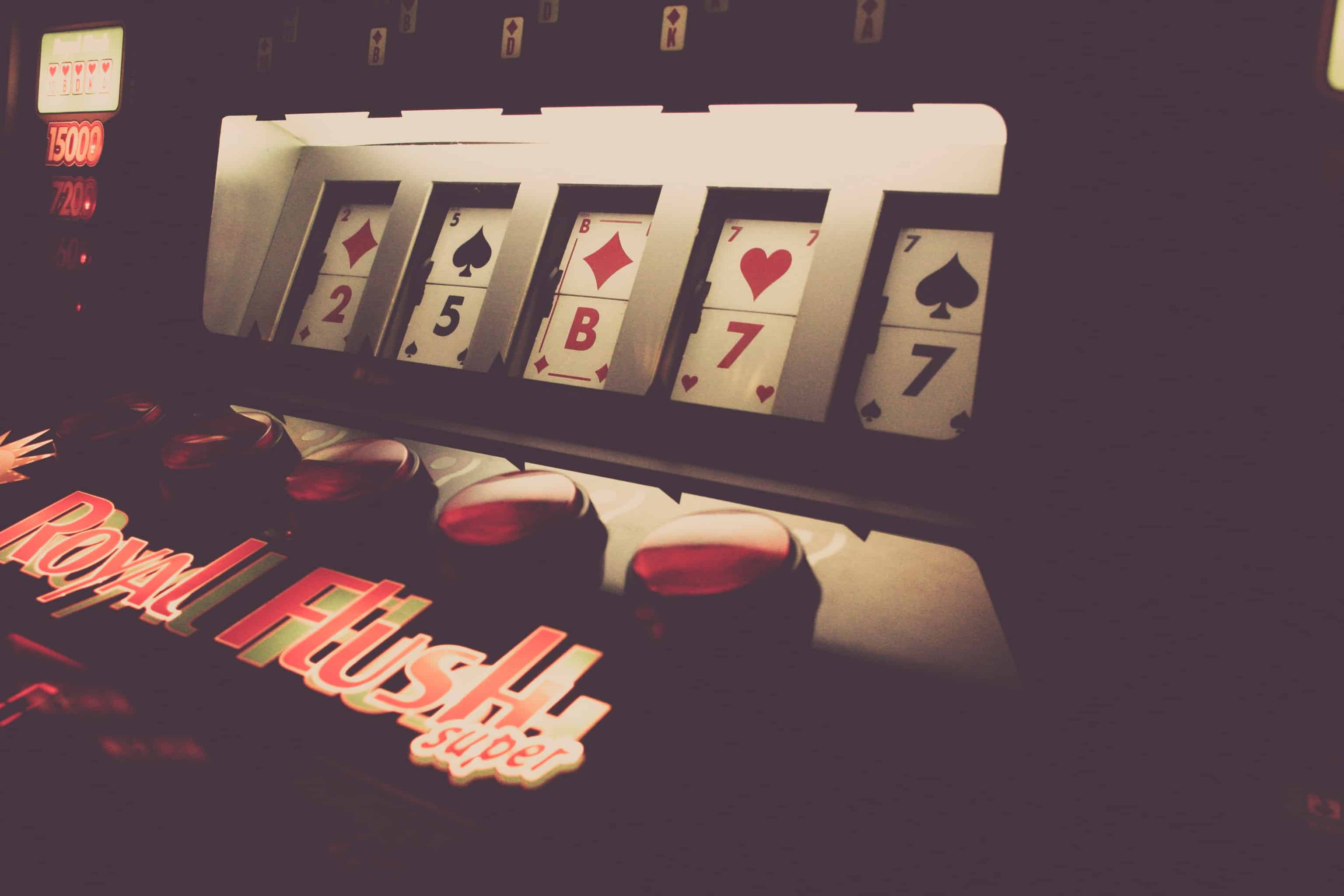The Art of Event Interpretation in Times of Uncertainty

„When we look at extraordinary accomplishments in sports – or elsewhere – we should keep in mind that extraordinary events can happen with extraordinary causes. Random events often look like nonrandom events, and in interpreting human affairs we must take care not to confuse the two.“
Leonard Mlodinow, The Drunkards Walk – How Randomness Rules our Lives
It’s end of June and thus the year 2019 halfway through. As a manager or a company builder we go through our companys KPIs, trying to figure out whether it was a good year so far – compared to the last ones – and what we can predict for the second half. What do we think the numbers we hit in the past would be telling us about the future? Why are we so tempted to look for and start analysing patterns telling us what to expect. We love to be on the safe side. Nevertheless we know that there is no guarantee that things will develop along predictions. But what do we really know? Does analysing the past help us for our future path?
It is easy to believe that ideas, plans and measures that worked were well designed and that those that do not were ill conceived. It is easy to make heroes out of the so called successful ones. But the other part of the equation is the role of chance. Ferdinand Mlodow wrote a book about this dilemma, called „The Drunkards Walk“. It offers a perspective that plays with our expectations, shows what chance can look like and what impact it has on human affairs and our perception of events. He gives an introduction in how to not get fooled by sayings, so called intuition and success stories. Instead he introduces mathematical concepts of randomness showing how impactful randomnness really is and how much more it can become if we don not know about it.
While reading Mlodow I started questioning and I’d like to share some of the questions that turned up with you in an attempt to figuring out , how to navigate, how to decide, how to find our ways in times of uncertainty. Let’s get started with the easy one:

Longing for the easy one
Is it human nature to look for patterns and links between events, beings, effects? I do not know. But we do know that we tend to go for the easy one, the one less risky, the one that has been gone before, may it be cooking with recipes, may it be best practices, may it be success stories. We tend to think that there is a relevant chance in knowing how someone else did master the challenge you suppose to be confronted with.
There might nothing be wrong with trying to stay safe and look for what we can copy from experienced ones. But there is a risk in sticking to our belief in recipes and how-tos even when we are aware of relevant missing parts, of differences in the product, the actor, the context, their relationships . And believe me: As complex as this world is there is almost always some difference and this litte difference might be important aka the butterfly effect.
Mostly there is a gap between knowing, thinking you know and knowing indeed. Mostly this last kind of knowing appears only afterwards. Despite anticipating and even having experienced these gaps and their consequences a few times, we keep an eye on the weather forecast, on the stock market, on success stories, easy to follow. Is it wired in our cells to draw lines between events, human beings and places to find purpose, belonging and orientation? Why are we so obsessed with predicting the future and hunting so called trends as first glimpses of the future?
What is the alternative anyway? How to navigate through time of change on transition? How do we decide what to do next when there is no goal to reach and no way to follow? How do we find our way when the past has no lessons appropriate to todays challenge?

Longing for Success
Last week I was invited to join a Think Tank whose members were bringing different perspectives on the future of Healthcare onto the table. The main subject of the discussion of the day was how to help people make better decisions – or as they like to call it healthier decisions when it faced with lifestyle, food or transportation options. And while we were discussing education, information, manipulation, nudging and trust, we came across the questionable definition of healthy. What is healthy? And who is to define and thus promote it?
It hit me: We use the term success as if it was obvious to everybody what it stands, we let other people motivate us, trigger us, manipulate us, have power and earn money with our longing for success while it is not at all defined. Still, what else is success than to know the right from the wrong decision? However there might as well be one almost as important goal on the rise: How to look successful! Interesting enough we give people with an aura of success much more authority, we do love to follow their advise even if what they achieved and how they achieved it might be far from what we want to achieve for ourself.
„When we look at extraordinary accomplishments in sports – or elsewhere – we should keep in mind that extraordinary events can happen with extraordinary causes. Random events often look like nonrandom events, and in interpreting human affairs we must take care not to confuse the two.“ (Leonard Modlinow)
There is no evidence that following advises from the „successive ones“ will make you successful yourself. Much more unlikely will the sun be shining because you finished your plate. And still we do love to play if/then conclusions, mostly because it gives us the feeling of having „it“ under control.
Though here might lie a key for helping us opt for better decisions: Being aware about the urge to draw a line, to point out patterns, to follow rules bears the chance to not follow every line blind-folded but check for false friends.
Plus knowing about the urge in people and thus in potential partners, clients and customers, gives us the chance to play with expectations by looking successful so that people trust you more, believing in the „pattern of success“ as I’d like to call it: Someone who has been successful in the past is likely succeeding in the future as well.

Longing for Control
The longing for control is being triggered when the circumstances are changing, when our needs are changing, when the needs of our stakeholders are changing. We want control the more we have the feeling we are losing it, when times get rough and thus we dont know what to do. That is the case because in such situations our brains work with „system 2“, the slower more rational companion of „system 1“. Or as the psychologist Daniel Kahnemann explained it in his Prospect Theory he accomplished together with his colleague Anton Tversky in 1979:
System 1 “is the brain’s fast, automatic, intuitive approach, System 2 “the mind’s slower, analytical mode, where reason dominates.”
Daniel Kahnemann: Prospect Theory
„System 1“ runs all daily decisions where you act without thinking about different options. Whereas „system 2“ takes over when there are decisions to be made. Decisions come up due to a lack of routine handling the situation and not being familiar enough with the situation: thus having not enough information about the situation to act intuitively .
This being said we would be well advised to adapt our expectations towards our own decisions. We would do us a favor if we would question our ability in predicting outcomes and instead head for skills that help us handle the unexpected, unmanageable. And to provide us and our colleagues, partners, customers, a nourishing context within and around us with skills, tools, partners and mentors that make us feel comfortable with the uncertainty. Plus a set of values, that empowers us to question our definitions of control. And last but not least a definition of success, that motivates us to take our own road, leads us where we want to be and protects us from heading for tin gods.

Longing for Impact
What is that we want to have an impact? Make a change in whatever is set up for ourself, for the world or event other peoples life. What is it that makes us leave a trace? And how vulnerable does this make us as
1. we do not have as much impact as we wish to have and
2. we know that this might be good for us and the others.
Still we keep up with trying to impact calling it our calling, our responsibility. How comes? Do not get me wrong I dont want to tell you that you are not responsible with what you do. I want to question the impact-part because this again gives us the freedom to rethink our ways to decide, what to do and why.
Once you know about the limitations of your control on events and your impact on things, once you know about the role of randomness and the impact of chance, you gain a much more realistic perception on what you can expect, on how to rate events and on how to react to them. Applying concepts from the past onto challenges of the present and future might still be an option but chance plays a vital role too. Thus…
… we can focus on the ability to react to events rather than relying on the ability to predict them, on qualities like flexibility, confidence, courage, and perseverance. And we can place more importance on our direct impressions of people than on their well-trumpeted past accomplishments. In these ways we can resist forming judgements in our automatic deterministic framework.
Leonard Mlodinow, The Drunkards Walk – How Randomness Rules our Lives
Still don’t know what to do? Ready to Read On?
Brands & Places: C’est quoi la crise?
